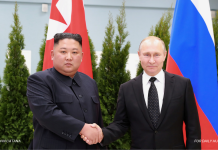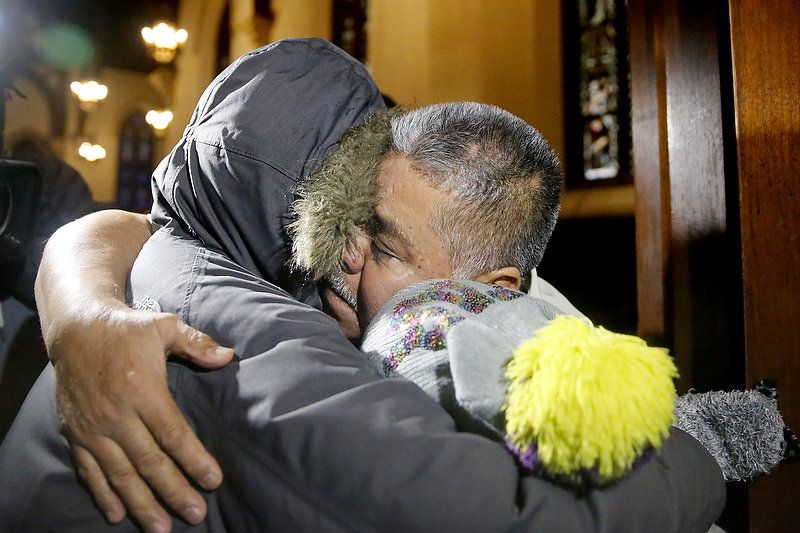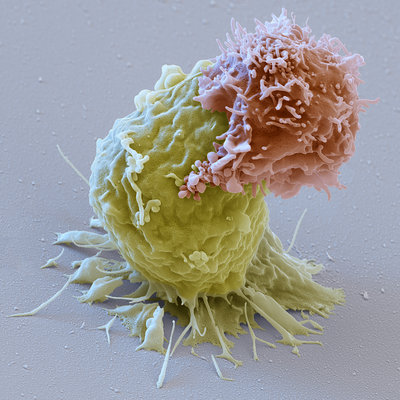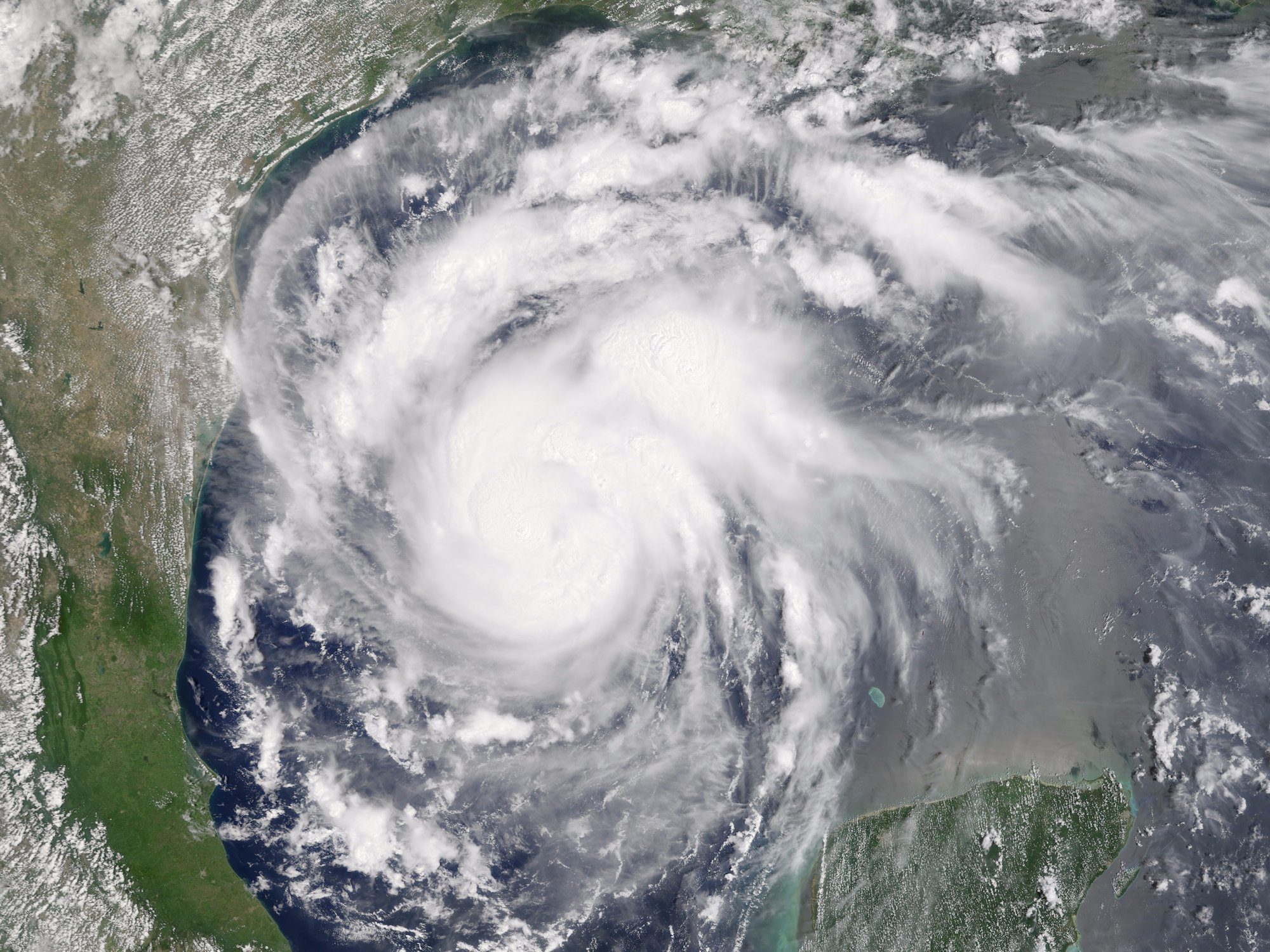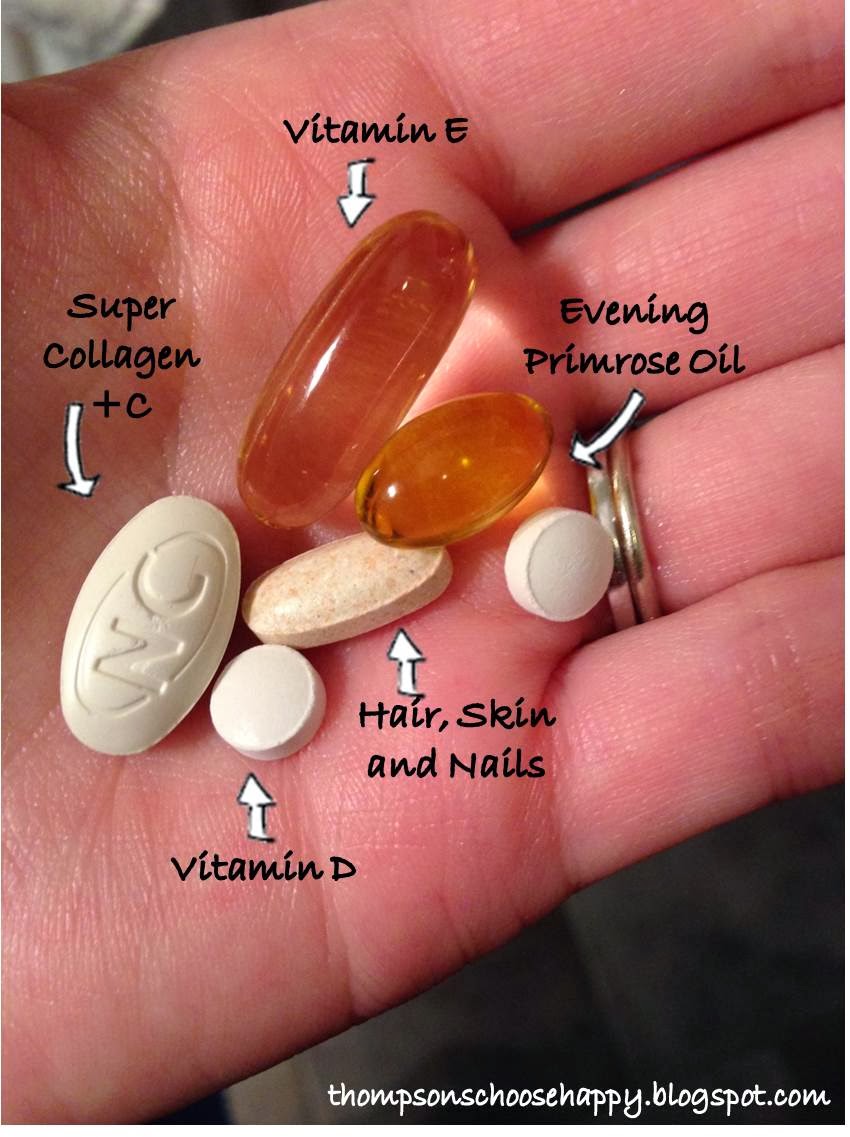If you knock-out the innate immune system, it’s more serious than if you knock-out the adaptive immune system. The innate immune system is needed for the patient to survive. If you knock-out the adaptive immune system which is composed of B-cells and T-cells the level of patients’ infected versus the duration of infection slowly plateaus over a period of time. However, in experiments with mice, if you knock out the innate immune system, you don’t control the infection at all and the mice die very rapidly. The adaptive immune response improves with increased antigenic exposure. This is not the case with the innate immune system. For the innate immune system, the response stays pretty much the same with increased antigenic exposure. There are gastric juices in the stomach and commensal flora in the digestive tract that protect the individual from infections.
When you cut yourself, there is an immune response from macrophages which aid the innate immune response and blood clotting to prevent spread of the immune response. If there still exists a problem, the adaptive immune response kicks in, producing T and B cell immune responses. CD4 receptors bind to Tol-Like receptors that is able to activate the cell. During this step, macrophages are activated which then have the ability to kill the cells and end the infection. HIV encodes Tol-Like Receptor ligands that bind to macrophages and activate macrophages. The HIV has the code to have the macrophages make a lot of virus. HIV can do the same thing for T-cells as well. HIV harness the human immune system to make it an efficient pathogen
Langerhans’ cells provide a link between the innate and adaptive immune systems. Immature dendritic cells are present in the cell. After activation, they migrate to the lymph nodes and transport skin derived antigens. In the lymph nodes, they become activated dendritic cells and activate antigen specific lymphocytes. These cells are one way the innate immune system activates the adaptive immune response. Monocytes activated by bacterial components secrete cytokines including TNF-alpha that amplify the immune response. Tumor Necrosis Factor is important when infection with gram negative bacteria occurs because it allows the phagocytic membrane to become leaky so macrophages can migrate to the bacteria and engulf them.


